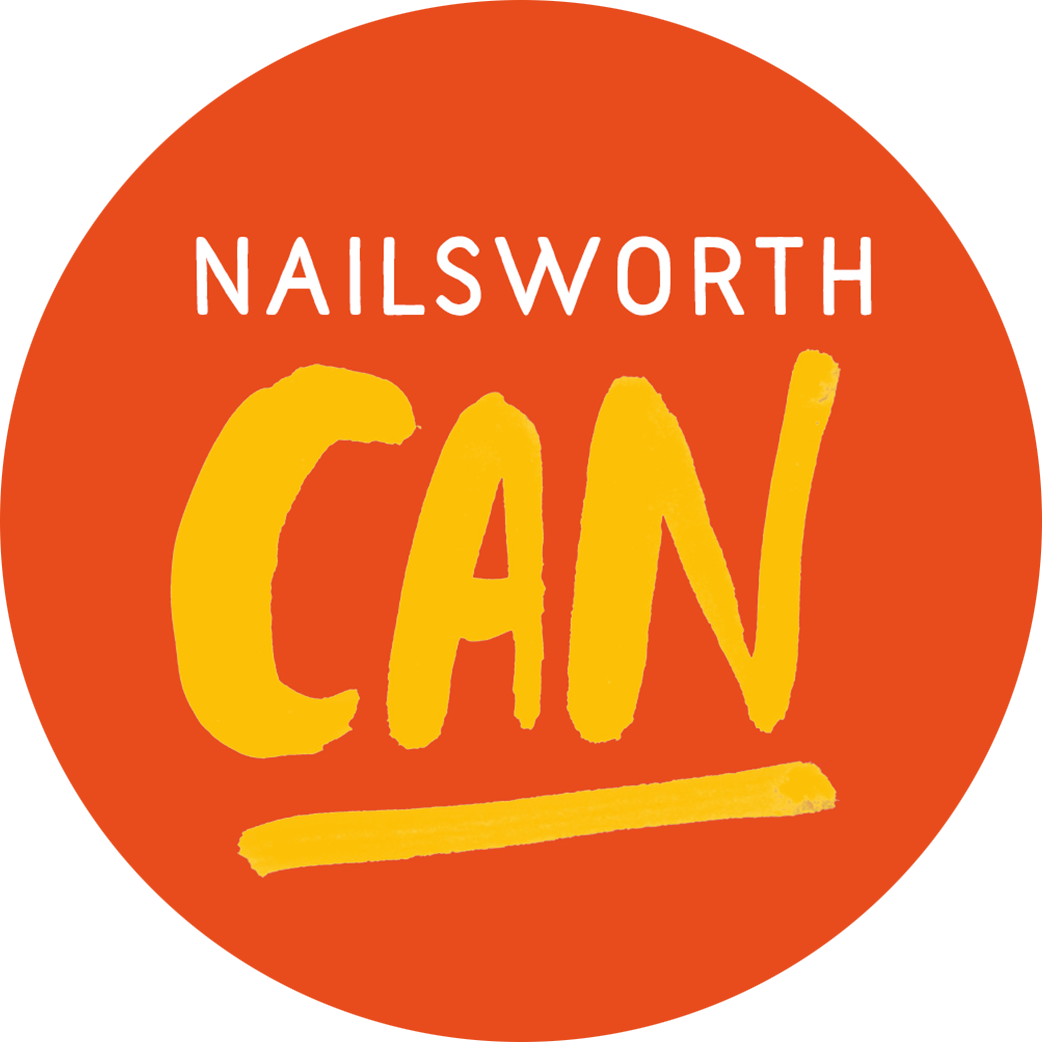Food & agriculture
Projects
Food is part of our culture and we are passionate about it. When we freshly prepare our own food it is easy to know what the ingredients are and where they come from. With processed foods it can be a minefield, and producers don’t alway make it easy.
When trying to understand the carbon impact of food it is not just the distance travelled, but the form of transport, and the energy used in growing crops, transporting them, and in processing them.
Some basic rules of thumb make it a lot easier: 1. Buy local in-season produce wherever possible; 2. Avoid produce that has been transported by air.
Shipped goods are often ok, so long as they were grown in-season: Oranges from Spain sent by ship can have a much lower carbon footprint per kilogram than tomatoes grown in winter in a polytunnel in the Netherland.
Projects
Some of the project ideas suggested so far for Food & agriculture:
Edible Open Gardens: Is where householders can share their experiences of growing and learning from each other about what works. We will be doing a special feature on this on our social media Instagram channel this month (July 2020).
Nailsworth In Bloom: Supporting and working with the wonderful NIB team, on projects to grow edibles in town. NailsworthCAN has already funded some fruit trees, but we can do much more. We love their idea of a linear orchard, running through the town.
Community Veg & Fruit Growing: Not everyone has space to grow mush, but by supporting or taking part in community schemes, everyone can make a contribution. It is a great education for children to learn more about the whole process, and be part of a collaborative effort. We want to share your stories of projects you are engaged in, and encourage and support others seeking to do the same. This could involve finding disused or derelict locations where crops can be grown.
Hospitality Venues: Working with hospitality venues to understand challenges and opportunities during these difficult times, and aim to improve things in ways that bring benefits to them, and to sustainability. To help share good practice, and support each other. For example, food waste is currently typically ‘black bagged’ and removed by waste companies (is not part of the domestic food waste collected by SDC that goes to an anaerobic digester); this is an example of an area where we can see opportunities for improvements (and potentially, a local anaerobic digestion scheme as one option).
Support Local Producers: Whether at the regular Nailsworth Market, or at other venues or outlets, we want to encourage people to buy from local producers. We would like to see a more permanent ‘food hub’. One way to develop the idea would be to have a community enterprise providing ‘veg boxes’; at the right scale, quality and affordability to ensure its success.
Community Fridge: We would like to see the setting up of community fridges at different locations where those with excess produce can share or exchange with others.
Community Compositing: It would be great if Nailsworth could emulate the successful community composting scheme at Bisley. This provides a way to repurpose garden waste, while creating free, high quality, organic compost, free.
Cookery Courses: To help those who are new to vegetarian or vegan cooking, we want to promote basic courses to show how extremely tasty, healthy dishes can be created on a budget.
Meat Free Days: To promote meat free days for those wanting to explore vegetarian or vegan food.
What are the benefits of these projects?
Carbon Reduction: Numerous opportunities to reduce the emission of greenhouse gases (including carbon dioxide, methane and nitrous oxide) from food production, processing and consumption.
Local Economy: Local jobs in food and agriculture are important to the town, especially in hospitality. By improving our green credentials as a town, we help to secure these jobs, and others that may arise.
Fairness: Better access to high quality, but affordable, food must be at the heart of initiatives around this theme. The Stroud Foodbank continues to provide a great service for those in need, and during the lockdown, Nailsworth stepped up with hospitality and others helping to provide meals to essential workers in need. The Long Table in Brimscombe offers a model where food is provided, but also employment opportunities for the young; and has proved both successful and inspiring. What should Nailsworth do?
Health & Wellbeing: Healthy food is good for us, but there are also other benefits from communities coming together around food.
Nature Restoration: By seeking to eliminate Palm Oil and other highly processed food from our diets, we can help in reducing impacts thousands of miles away, but at the same time, promote local producers who are doing their bit to restore hedgerrows and wildlife corridors, and reduce use of pesticides.
Resilience: Ensuring the endurance of natural ecological systems is good for nature, but also good for us. We rely on the web of nature, and if we take care of nature, it will take care of us.
Resources
Quick Bites
Here we include some quick bites from the CAT free information service
Deeper Dives
CAT Lecturer Dr Siobhan Maderson discusses how our current food system creates challenges for social, economic and environmental sustainability in a fascinating webinar (1). Oxford University is hosting LEAP (Lifestock, Environment and People), a programme of research aimed at finding ways to shift the UK - including farmers and consumers - towards more sustainable diets (2). The Food Climate Research Network (FCRN) includes a lot of output from research to answer key questions related to food systems internationally (3). People, Plate and Planet is a great report giving some easy to digest comparisons between different types of diet (4).
Lifestock, Environment and People (LEAP), University of Oxford.
People, Plate and Planet - The impact of dietary choices on health, greenhouse gas emissions and land use, CAT, 2014.
Next > Projects/ Energy production

